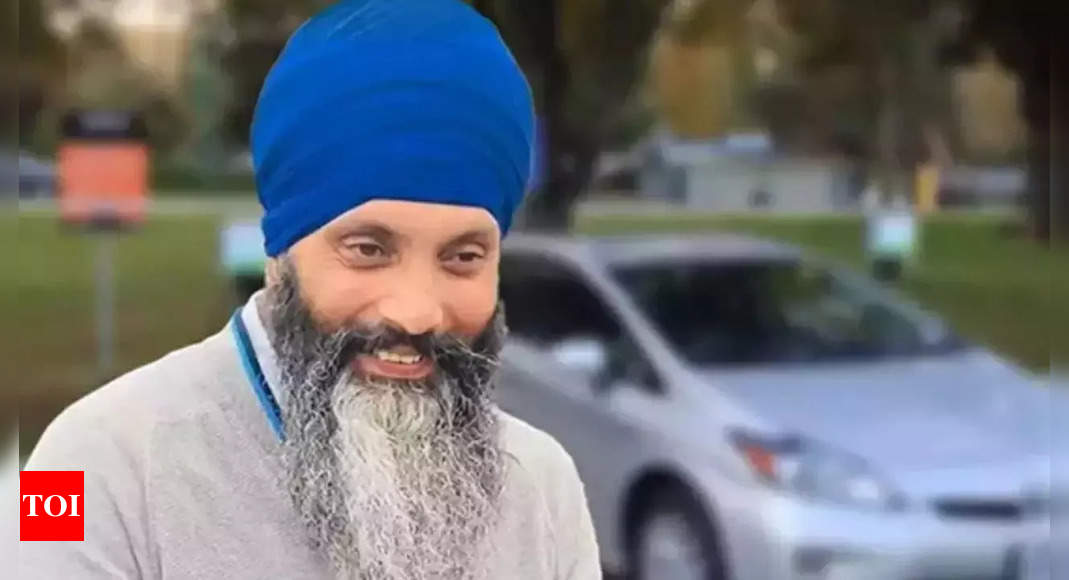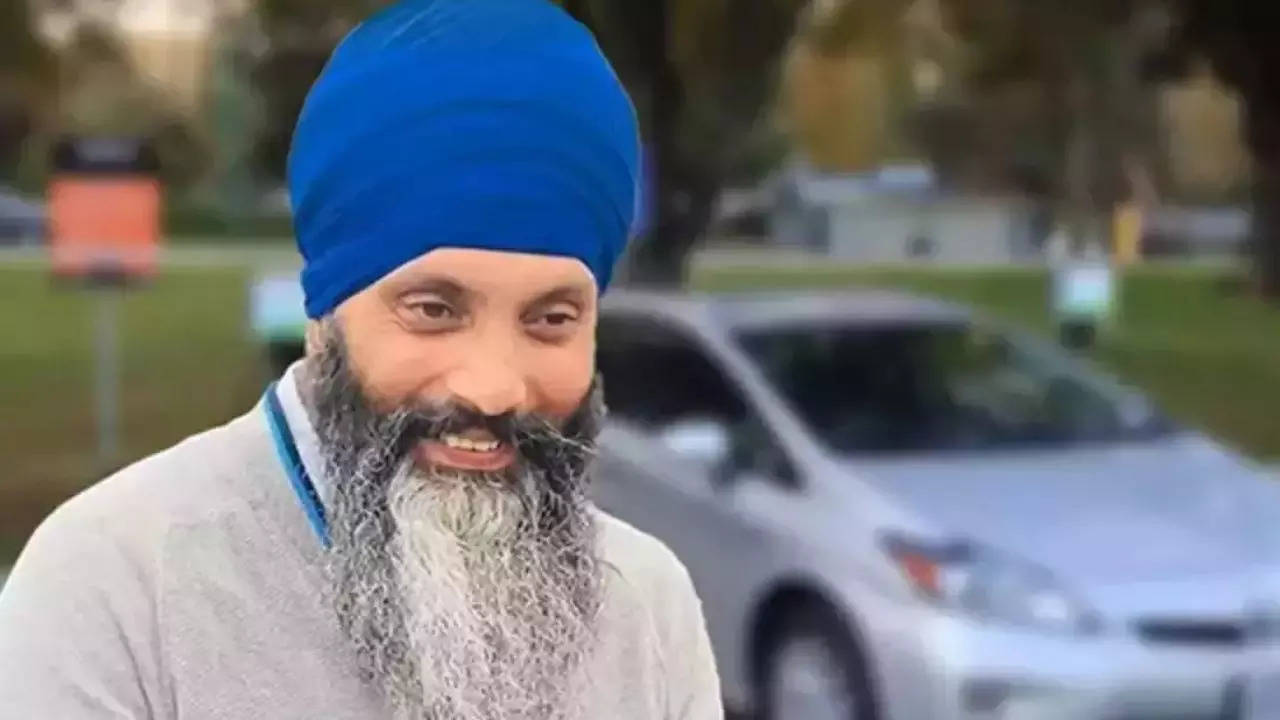[ad_1]
WASHINGTON: The Canadian allegations regarding India’s involvement in the killing of a pro-Khalistan leader are “serious” and need to be investigated fully, the White House has said.
Hardeep Singh Nijjar, the chief of the banned Khalistan Tiger Force (KTF), was killed in Surrey, British Columbia on June 18. India had designated Nijjar as a terrorist in 2020.
The claims made by Canada were discussed when visiting External Affairs Minister S Jaishankar and National Security Advisor Jake Sullivan met here last week, John Kirby, Coordinator for Strategic Communications at the National Security Council in the White House told reporters at a news conference here.
“The issue was discussed. We’ll certainly leave it to those two countries to talk about their bilateral relationship,” Kirby said in response to a question.
“We’ve been clear, these allegations are serious, they need to be fully investigated and of course, as we’ve said before, we urge India to participate actively in that investigation,” Kirby said.
State Department’s Deputy Spokesperson Vedant Patel told reporters at a separate news conference that it’s critical that Canada’s investigation proceeds and the perpetrators are brought to justice.
“We also have, as we’ve previously said publicly and privately, urged the Indian government to cooperate in the Canadian investigation and cooperate in those efforts,” he said.
The US, he said, has seen the reports on the diplomatic staffing levels for the Canadian High Commission in New Delhi.
“But I don’t have anything further to offer on those reports and certainly don’t want to get into hypotheticals and take this process one step at a time. As it relates to our Indo-Pacific strategy and the focus that we continue to place on the region, that effort and that line of work is going to continue,” he said.
“With India, we are partners with them in the Quad and in many others, and we continue to work with them and other countries in the region on a number of important issues.
“But as I said, we take these allegations very seriously and we continue to not just work closely with our Canadian partners but have publicly and privately urged the Indian government to cooperate with Canada,” Patel said.
Hardeep Singh Nijjar, the chief of the banned Khalistan Tiger Force (KTF), was killed in Surrey, British Columbia on June 18. India had designated Nijjar as a terrorist in 2020.
The claims made by Canada were discussed when visiting External Affairs Minister S Jaishankar and National Security Advisor Jake Sullivan met here last week, John Kirby, Coordinator for Strategic Communications at the National Security Council in the White House told reporters at a news conference here.
“The issue was discussed. We’ll certainly leave it to those two countries to talk about their bilateral relationship,” Kirby said in response to a question.
“We’ve been clear, these allegations are serious, they need to be fully investigated and of course, as we’ve said before, we urge India to participate actively in that investigation,” Kirby said.
State Department’s Deputy Spokesperson Vedant Patel told reporters at a separate news conference that it’s critical that Canada’s investigation proceeds and the perpetrators are brought to justice.
“We also have, as we’ve previously said publicly and privately, urged the Indian government to cooperate in the Canadian investigation and cooperate in those efforts,” he said.
The US, he said, has seen the reports on the diplomatic staffing levels for the Canadian High Commission in New Delhi.
“But I don’t have anything further to offer on those reports and certainly don’t want to get into hypotheticals and take this process one step at a time. As it relates to our Indo-Pacific strategy and the focus that we continue to place on the region, that effort and that line of work is going to continue,” he said.
“With India, we are partners with them in the Quad and in many others, and we continue to work with them and other countries in the region on a number of important issues.
“But as I said, we take these allegations very seriously and we continue to not just work closely with our Canadian partners but have publicly and privately urged the Indian government to cooperate with Canada,” Patel said.
[ad_2]
Source link


